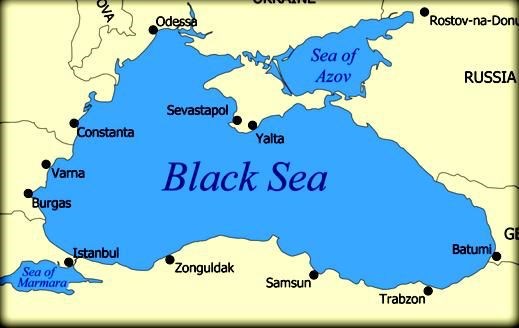Russia’s decision to withdraw from the Black Sea grain deal has a significant negative effect on the global population, trade, and international relations. It was signed in 2022 and aimed at preserving grain exports amidst the war. It affects the availability of resources, interrupts the supply chain, increases the food inflation rate, and exacerbates deficits in developing nations. Russia’s action poses a clear political message, the country intends to weaponize food supplies.
Probably the most outstanding effect happening at the moment is the interference with Ukraine’s grain export, a major global supplier. They expose that millions of tonnes of grain will have logistical problems if there are no safe Black Sea routes. This thus reduces the available supply of the commodities which in return increases the prices of wheat and corn. This is particularly so because the developing nations especially from the African and the Asian continents are affected most while the other transport routes are still very expensive.
This aggravates food insecurity because it results in less supply, therefore complicating the already strained situation in Hungary regions. There is no doubt that many nations rely on grain produced in Ukraine mainly due to its cost and availability. Hiking up the prices puts pressure on the economies thus causing inflation and social disorders. Currently, global institutions are still searching for ways to find measures, but replacing Ukraine’s exports as soon as possible is not an easy task.

Geopolitically, the decision poses a risk of escalation with other countries, especially the Western ones. It exerts pressure on Ukraine and its supporters and simultaneously builds up Russia’s leverage in other discussions. Thus, by limiting the amount of food that is imported, Russia gains power over the countries that rely on imports and can even change sides. It further brings to the fore the importance of food security in the power geopolitics at large.
In response, the Western countries look for new sources of supply and try to increase production at home. Although the EU tried out exporting goods by land, through the neighboring countries, there are still some challenges encountered in the manner of transporting the goods. One may recall the attempts and efforts of the U.S. and its allies to bring the negotiations back to the table, but the latter has always been a problem for Russia. If not addressed further, this crisis might aggravate the problems of economic insecurity, increase the rate of hunger, and modify the settings of international relations.
Conclusion
The Russian Federation’s dark move of exiting the Black Sea Grain deal has instrumentalized food insecurity, trade volatilities, and geopolitical rifts. Globally, the prices have continued to go up and supply has stopped, meaning a worse fate for the most vulnerable countries. The demands from the international community are therefore going to precipitate the search for other routes and negotiate a diplomatic response. Otherwise, this conflict will intensify economic troubles and alter the balance of power on the global stage.